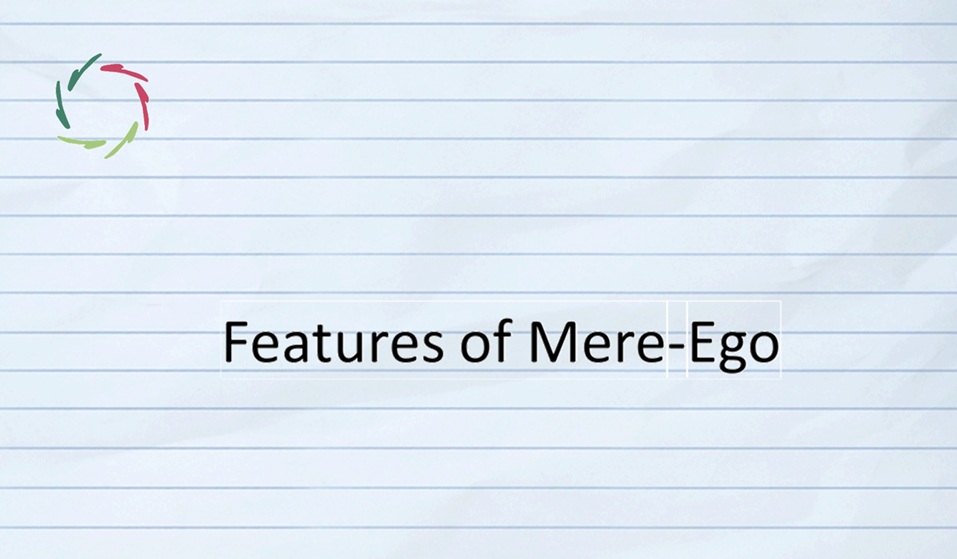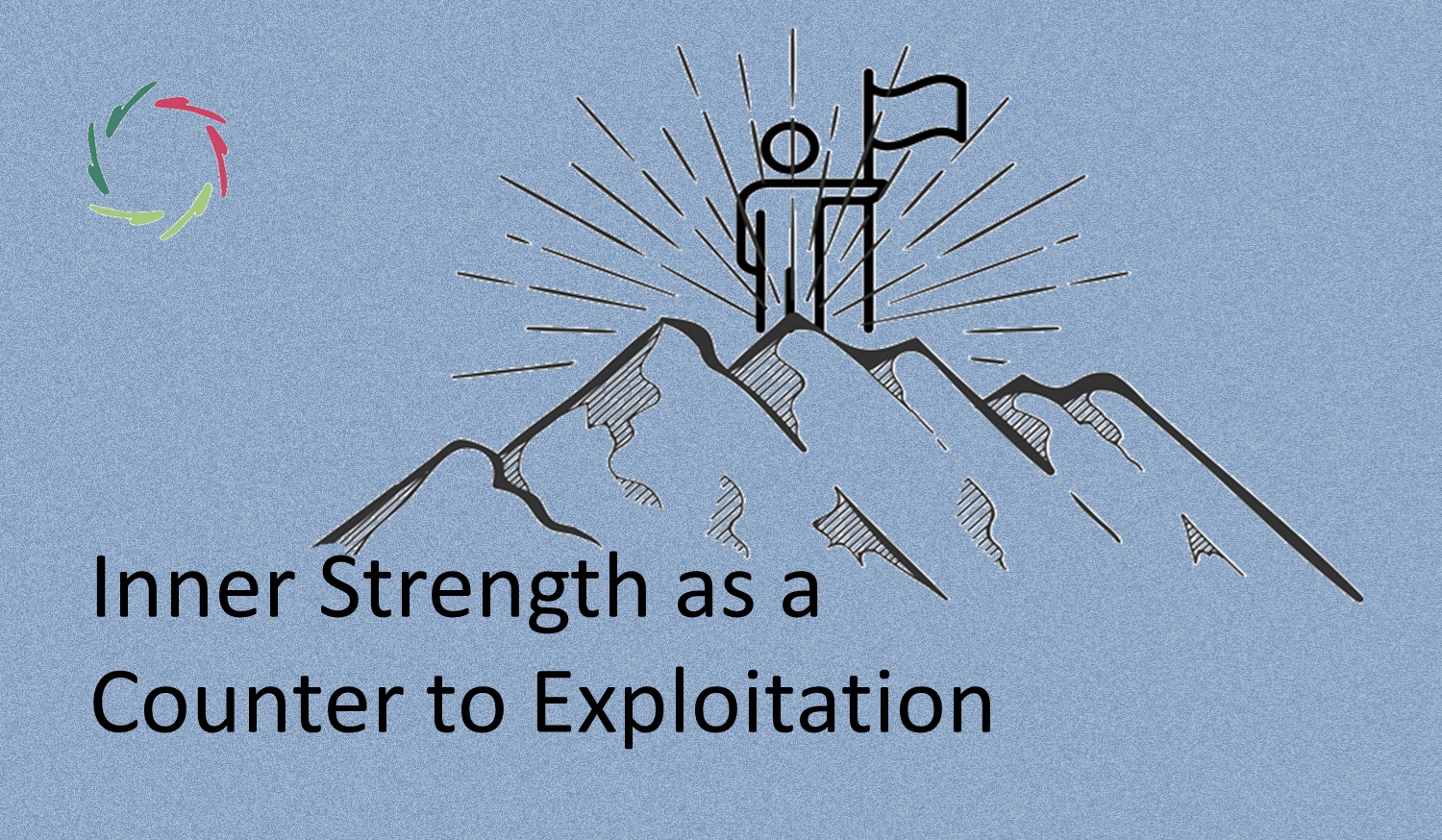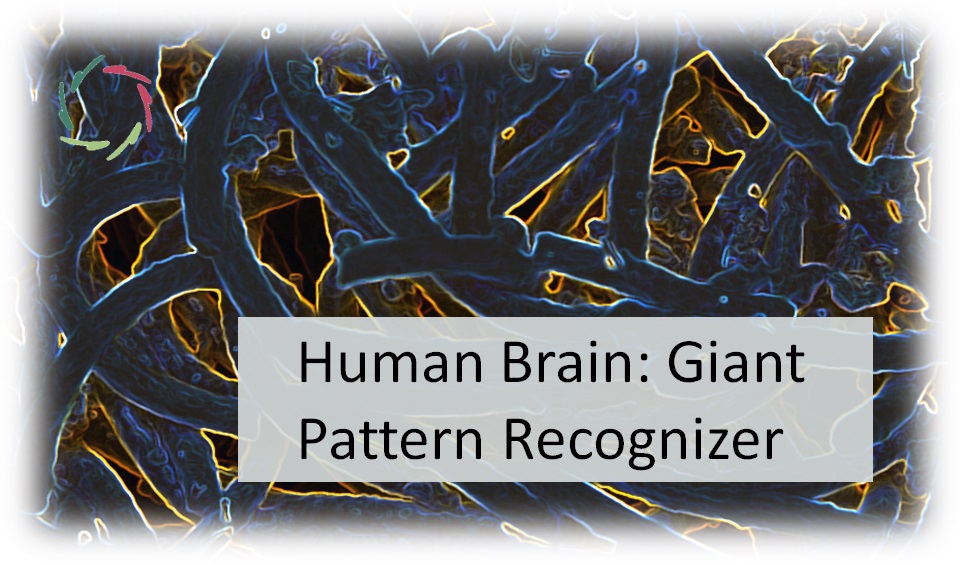Quick Fixes Worsen Problems

Western – pretty much global – culture is bent on quick fixes, and there are a host of persistent problems. It seems evident that these issues are deeply intertwined at both individual and societal levels.
’Quick’ is frequently also ‘surface level.’ This way, quick fixes tend to leave deeper solutions unaddressed. These continue to fester and produce worsening problems ― think anxiety, depression, burnout, psychosomatics…
Advertising is part of the problem
Advertising fosters the illusion that every problem has a quick, easy solution.
This includes every mental problem — even quintessentially the latter. If you feel down (or bored, lonely, painful, or just unhappy), just ‘do this, and supposedly, all faces start smiling or laughing again.’
Nobody truly believes in tele-advertising, yet our non-conscious mind reacts as if it’s real, blurring the lines between on-screen and off-screen realities. Ultimately of course, to the non-conscious mind, everything is part of the same continuous ‘screen’ of experience.
And so, quick fixes reign.
But what makes quick fixes so appealing?
Since ancient times, humans – and their animal ancestors – relied on quick fixes for daily survival, and for good reason. Predators didn’t wait for one to be ready to flee, just as food sources and competitors didn’t pause for others’ convenience.
In essence, quick fixes ensured the survival of our ancestors’ genetic lineage, at least until very recently.
But today, this is no longer necessary — though our brain’s ‘wetware’ still favors immediate action, even in a world where predators and prey are primarily symbolic.
Modern times
Most of our current problems are more complex and long-term, requiring different approaches. Quick fixes often fall short when applied to long-standing issues. Instead of solving the problem, they can exacerbate it by providing only a semblance of what’s needed.
Most mental problems cannot be resolved with a pill — now or ever, principally. Most unhappiness cannot be durably exhorted by buying stuff. A million dollars cannot buy much love.
We may consciously understand this, but our brain’s primitive wiring does not. Also, if we are innerly dissociated from our own mental depth, this understanding will never fully resonate.
The solution
The key isn’t simply to enforce slower solutions.
The durable solution lies in how we treat ourselves, what we truly value in ourselves, and what intentional effort we commit to personal growth.
Building resilience through challenges, learning from setbacks, honing problem-solving skills, fostering meaningful relationships, adopting healthy lifestyle habits, setting intentional goals, embracing continuous learning, practicing self-compassion, developing a mindfulness routine, and finding purpose and passion — these are just a few first steps, and Lisa can assist in this journey.
Heavy stuff?
Not at all.


